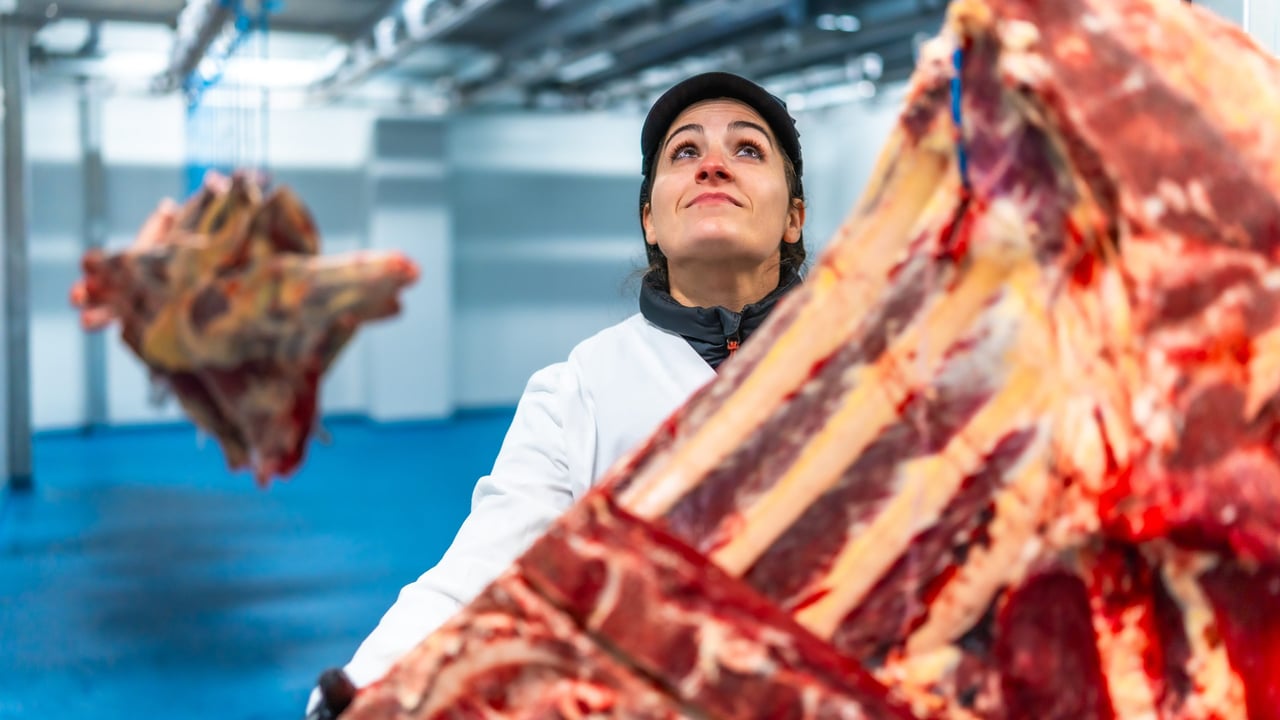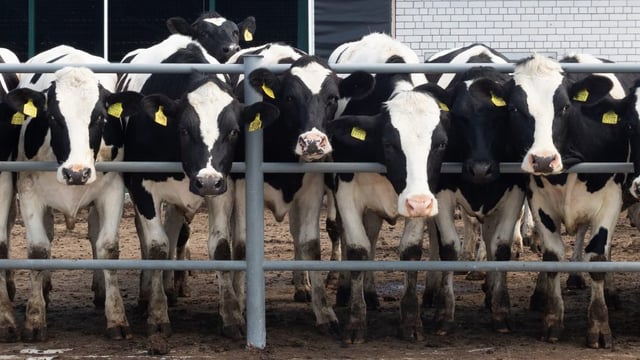Report: Global beef trade poised for 'sustained growth' over next 5 years
Increasing demand from Asia and "strategic export expansions" by South American countries will drive sustained growth in the global beef trade over the next five years, according to a new RaboResearch report.
However analysts are also warning today (Tuesday, October 28) that there is likely to be a "temporary decline" in global beef production particularly in the US, Brazil, and Europe.
According to the RaboResearch report, "supply-side impacts" are expected to lead to reduced global supplies in the short-term before production recovers.
It also highlighted that the global beef market has experienced significant volatility due to disease outbreaks, geopolitical tensions, and shifting economic conditions.
According to Angus Gidley-Baird, senior analyst for RaboResearch, this unpredictability is expected to persist, impacting traditional trade flows and creating uncertainty.
He has also warned that as tariffs and market access restrictions continue, the geopolitical environment remains "a key factor in ongoing market fluctuations".
Exports and imports
Despite the ongoing market volatility, the RaboResearch report outlines that Brazil and China have "solidified their positions as leaders in beef exporters and importers".
Angus Gidley-Baird said: "Brazilian beef exports have surged from 2.3 million metric tons in 2019 to an anticipated 3.6 million metric tons in 2024, largely fueled by China's growing market demand.”
Global beef production, according to latest research, has increased by 5.5% over the last five years.
Exports have risen by 14% from 2019 to nearly 13 million metric tons by 2024.
RaboResearch analysts believe the second half of the decade is set to "witness continued growth in global beef trade".
They believe this will be driven by increasing consumption in Asia.
Countries like Vietnam, China, Malaysia, and the Philippines are experiencing strong per capita consumption growth "necessitating greater reliance on imported beef", according to the analysts.
They expect that South American countries, particularly Brazil, are expected to meet this demand through "productivity improvements and enhanced management practices".
Cattle and beef prices
In the short-term, the temporary decline forecast in global beef production is set to "support cattle and beef prices", according to the RaboResearch team.
They expect that this will shift margins to producers but production level are expected to recover "bolstered by improved genetics and increased carcass weights".






